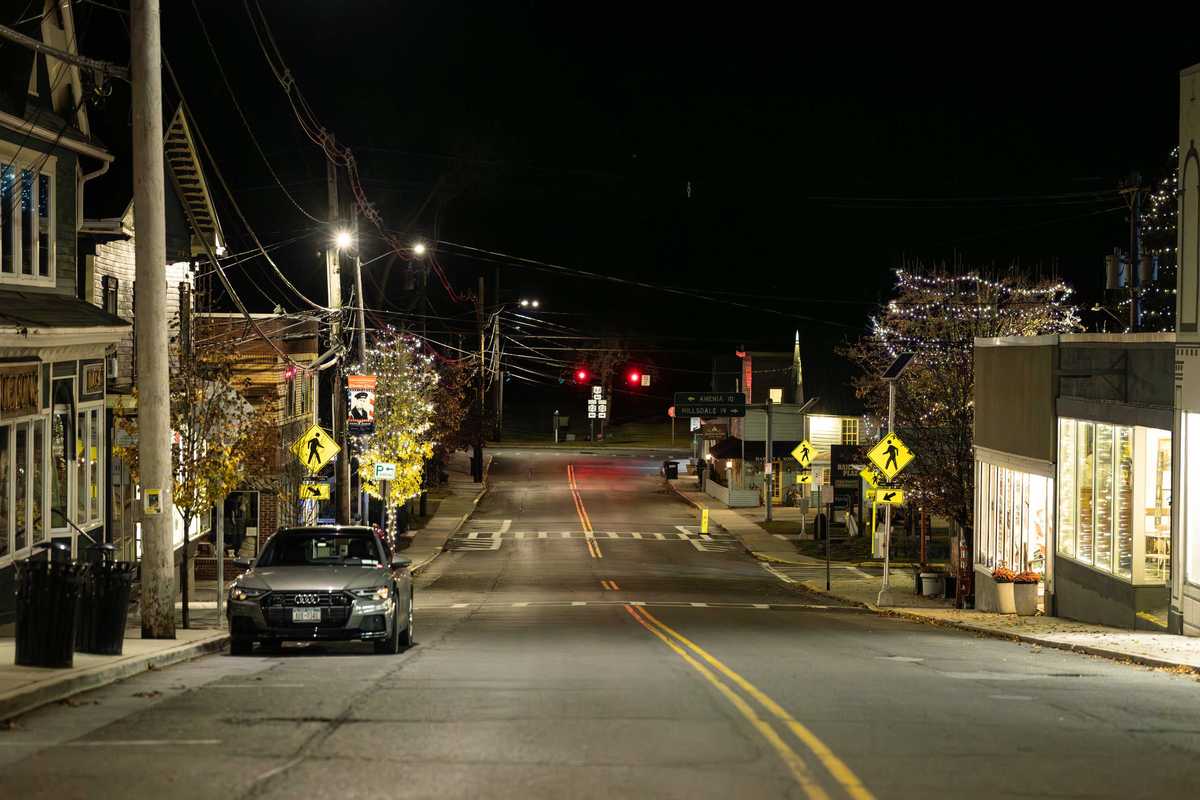The Ungardener reviews the new fall cleanup: Thinking small in the Fall

Before cutting down a bittersweet vine the Ungardener notices a Pandora Sphinx caterpillar on its way to a nearby Virginia creeper, which is part of its diet.
Photo by Dee Salomon
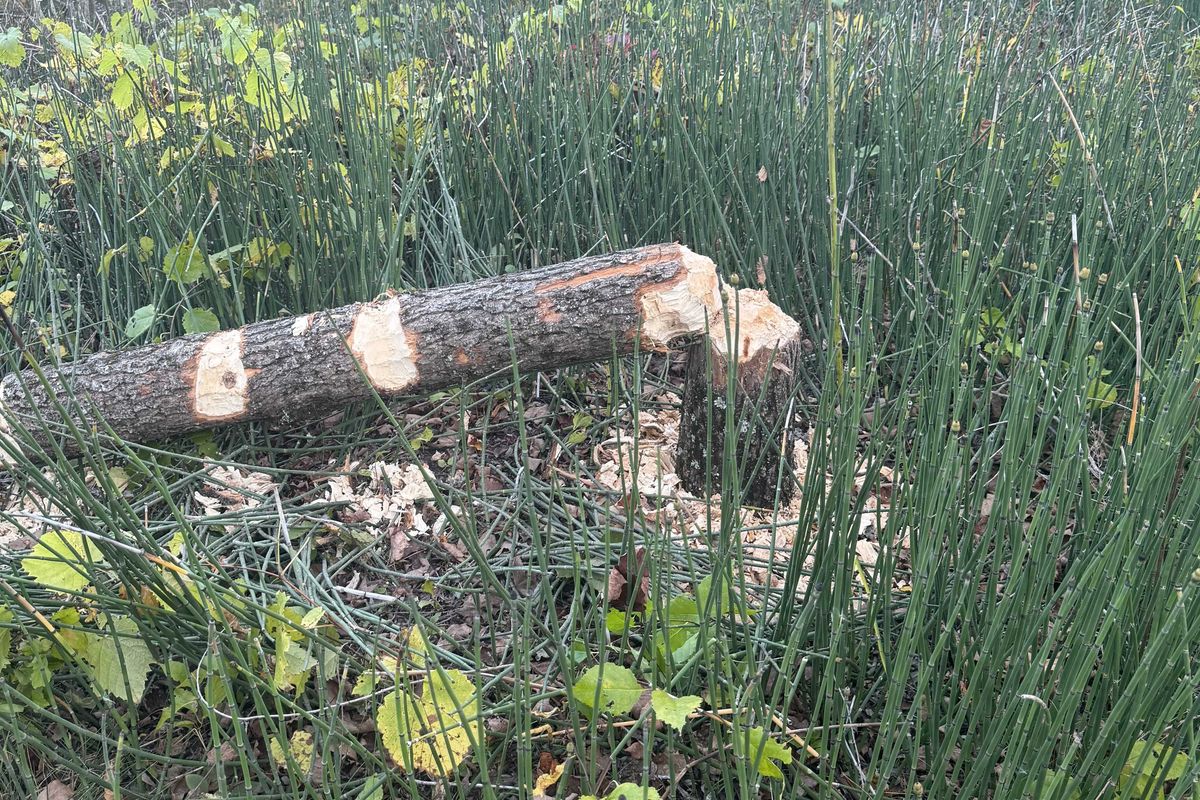
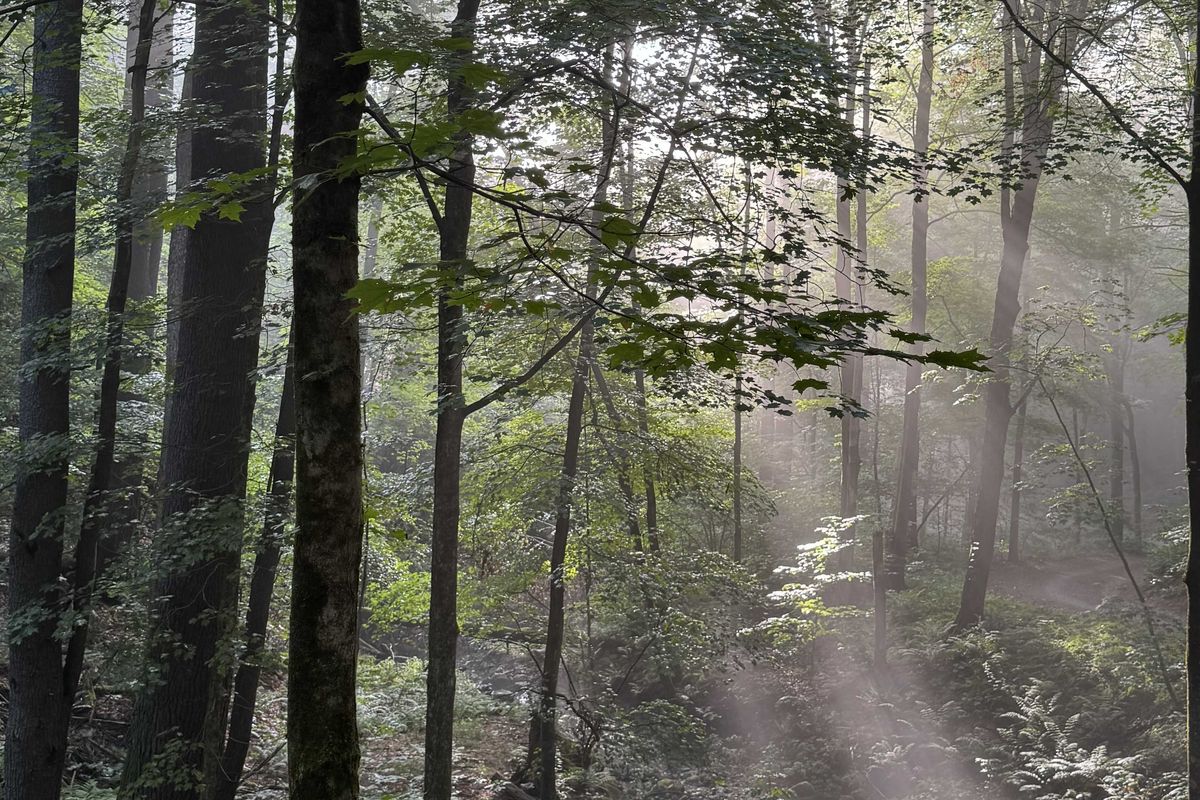
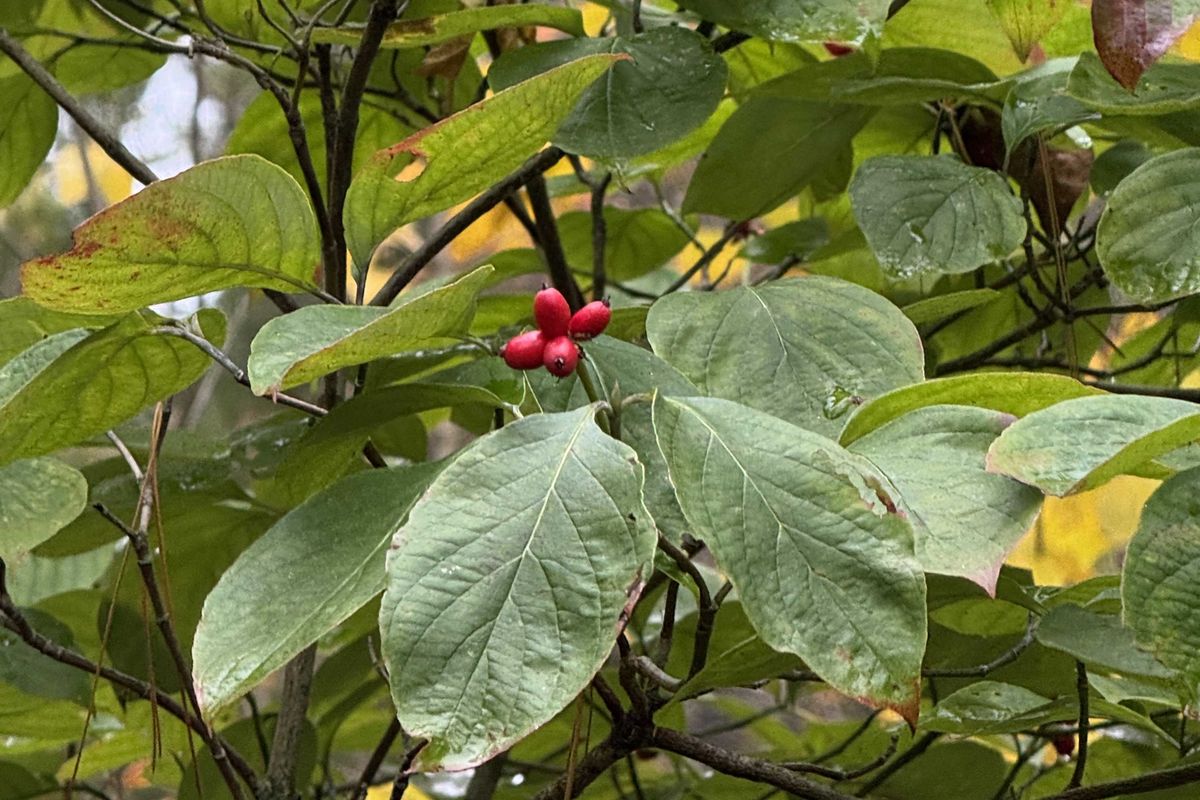
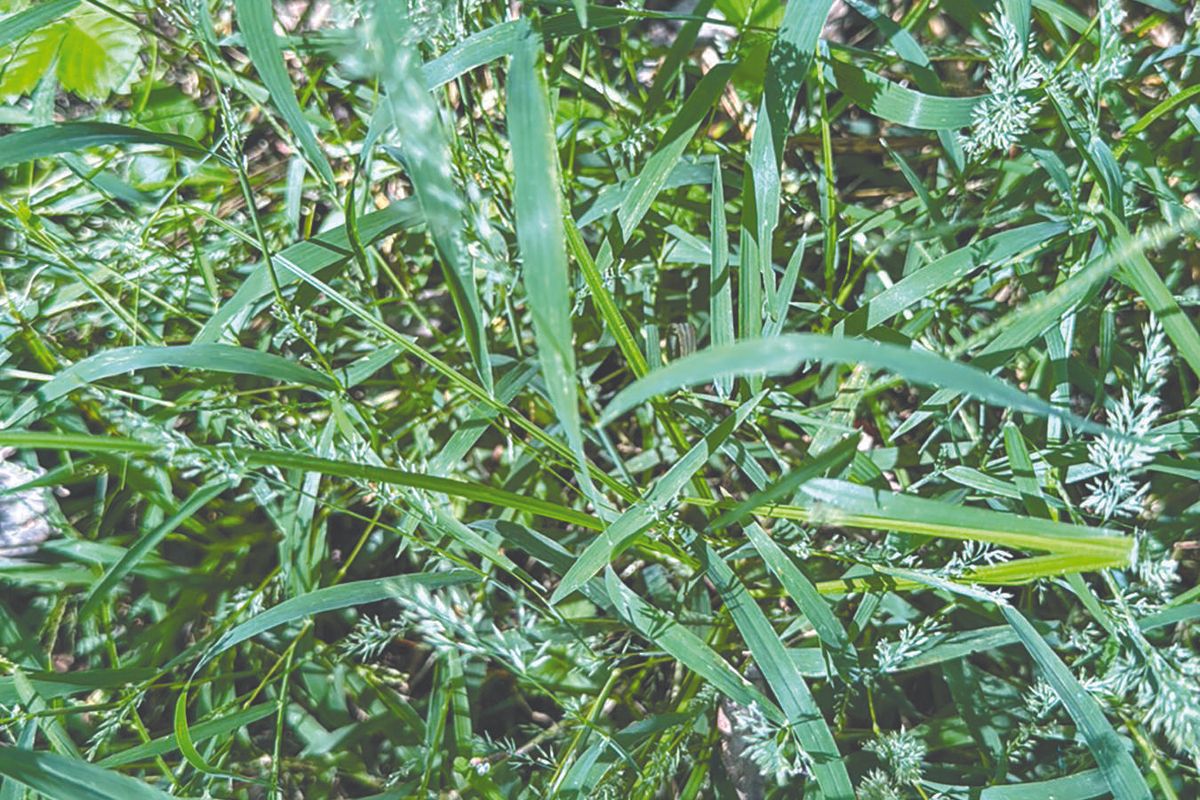
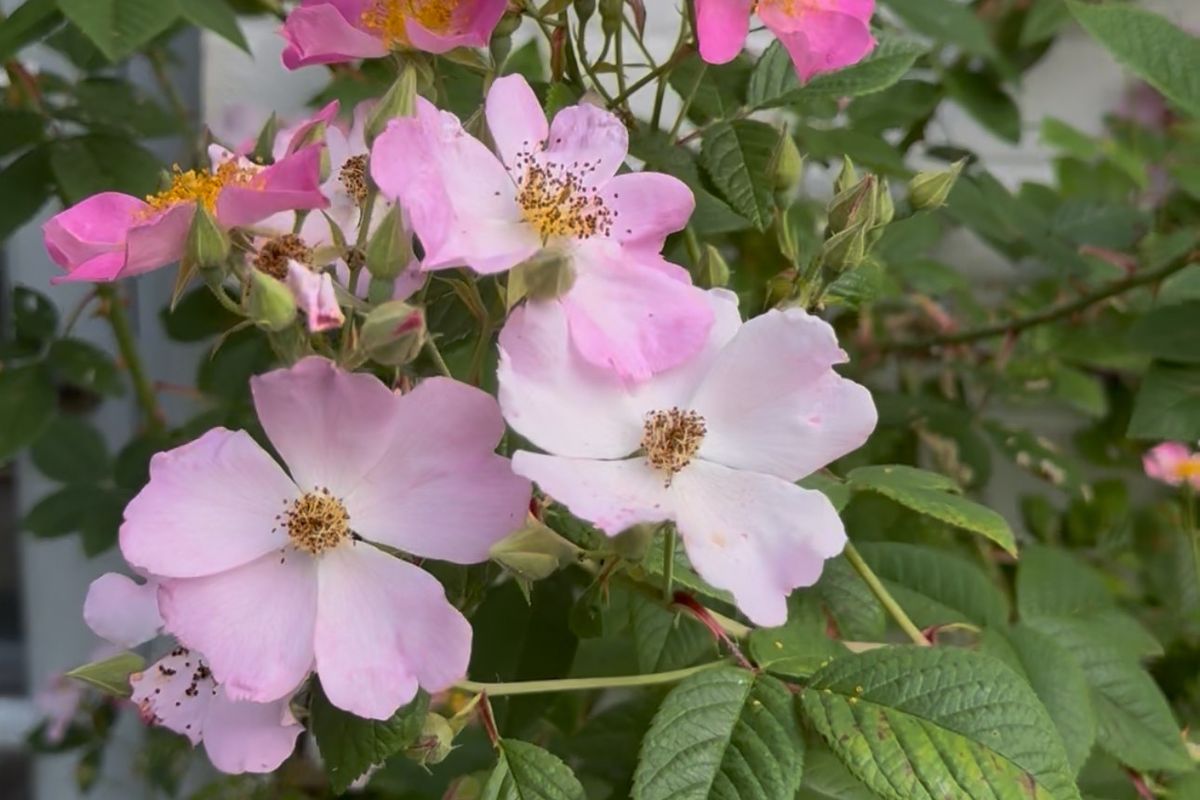
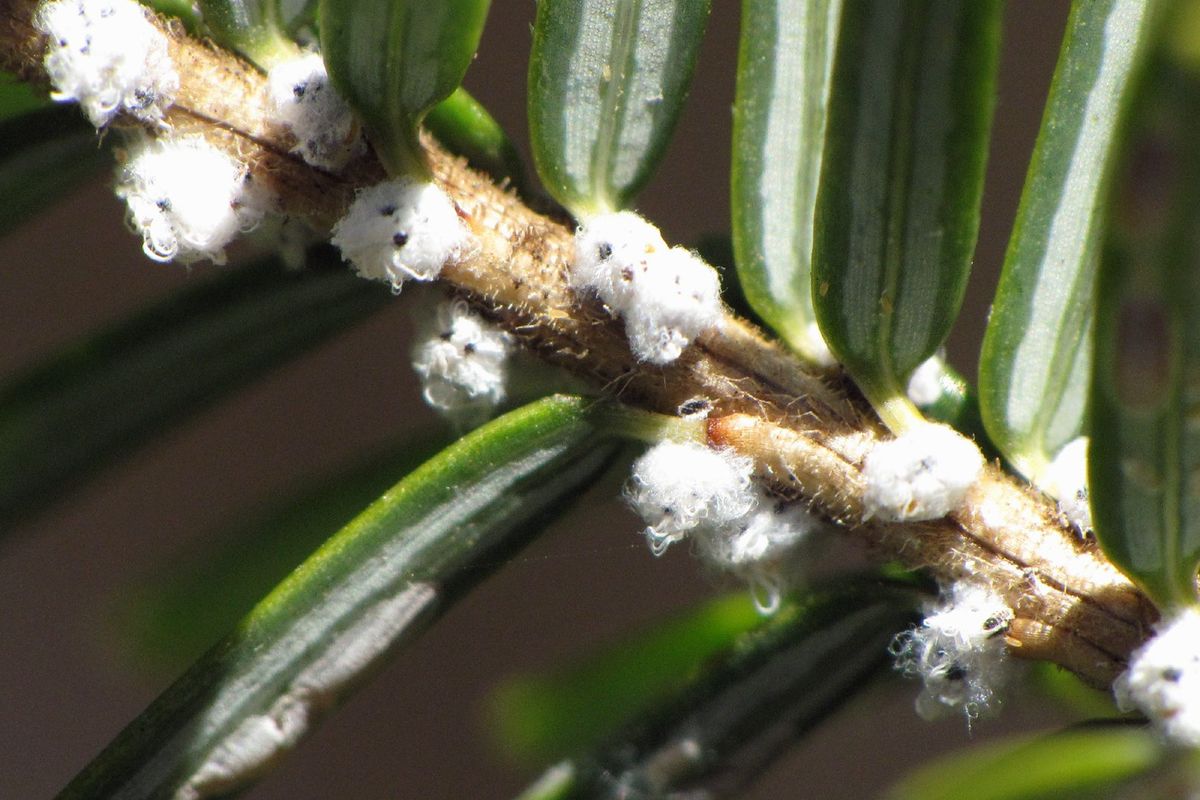
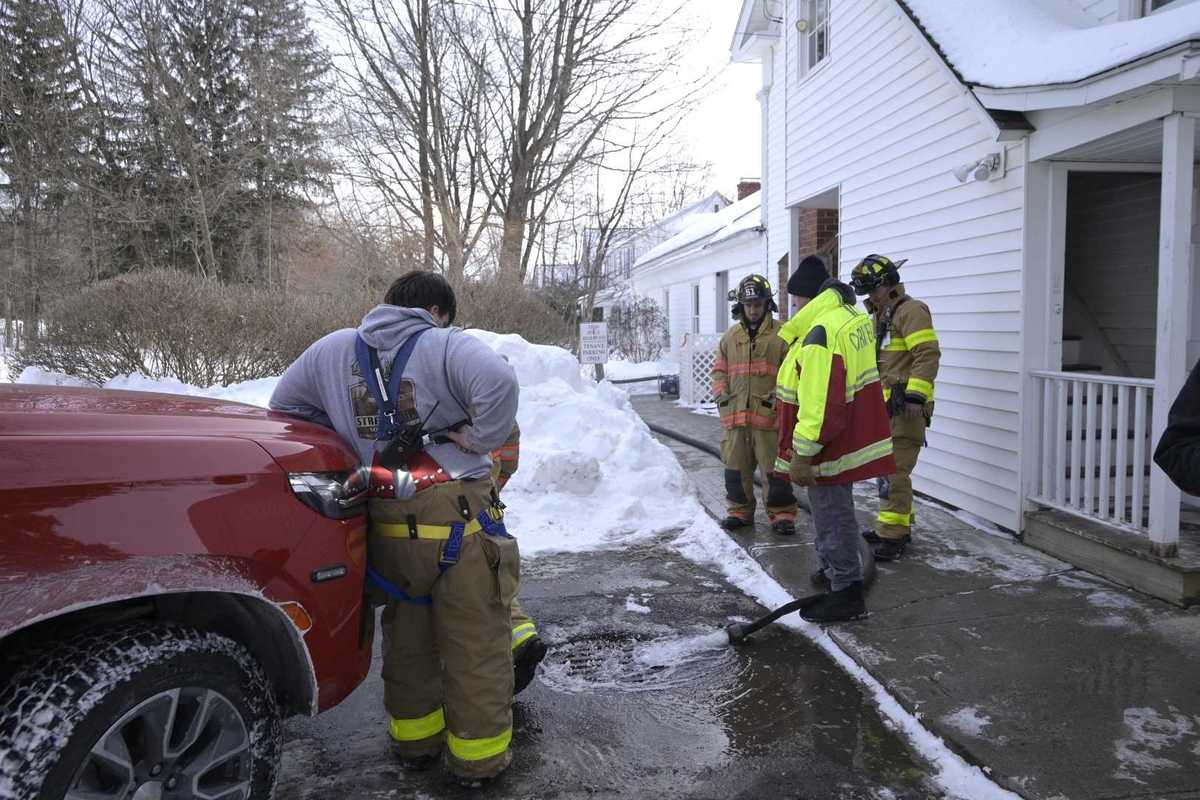
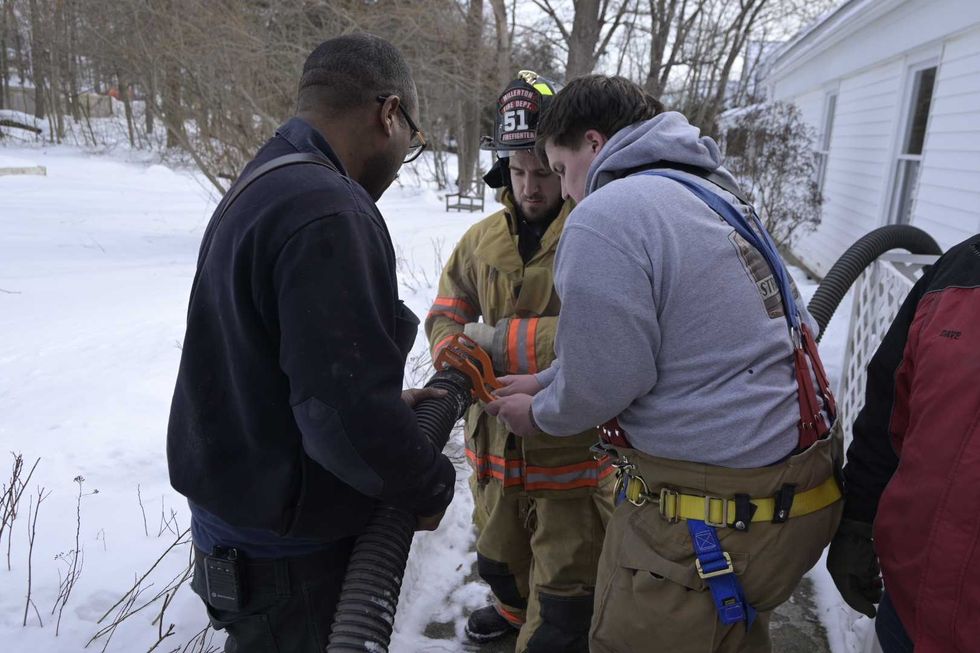 Millerton firefighters connect hoses together to be used with a gas-powered pump to remove about six inches of standing water from the basement of the NorthEast-Millerton Library on Tuesday, Feb. 10.Photo by Nathan Miller
Millerton firefighters connect hoses together to be used with a gas-powered pump to remove about six inches of standing water from the basement of the NorthEast-Millerton Library on Tuesday, Feb. 10.Photo by Nathan Miller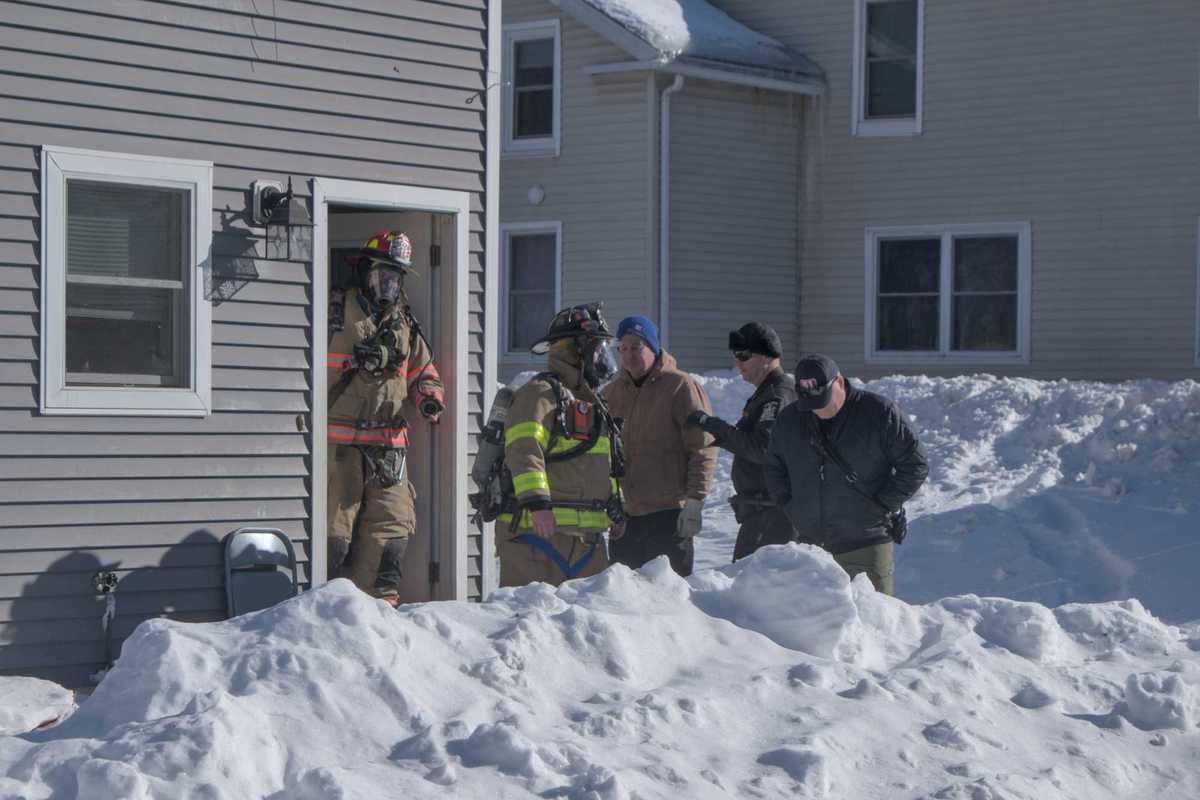
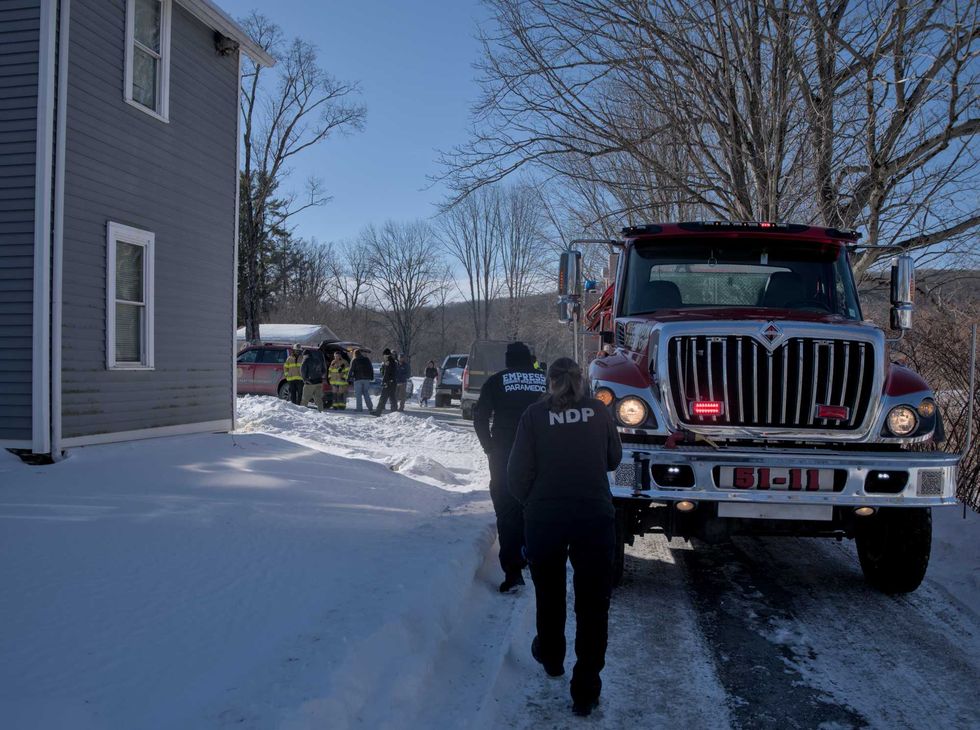 Paramedics with Empress EMS march through the snow toward Millerton firefighters on Monday, Feb. 9.Photo by Nathan Miller
Paramedics with Empress EMS march through the snow toward Millerton firefighters on Monday, Feb. 9.Photo by Nathan Miller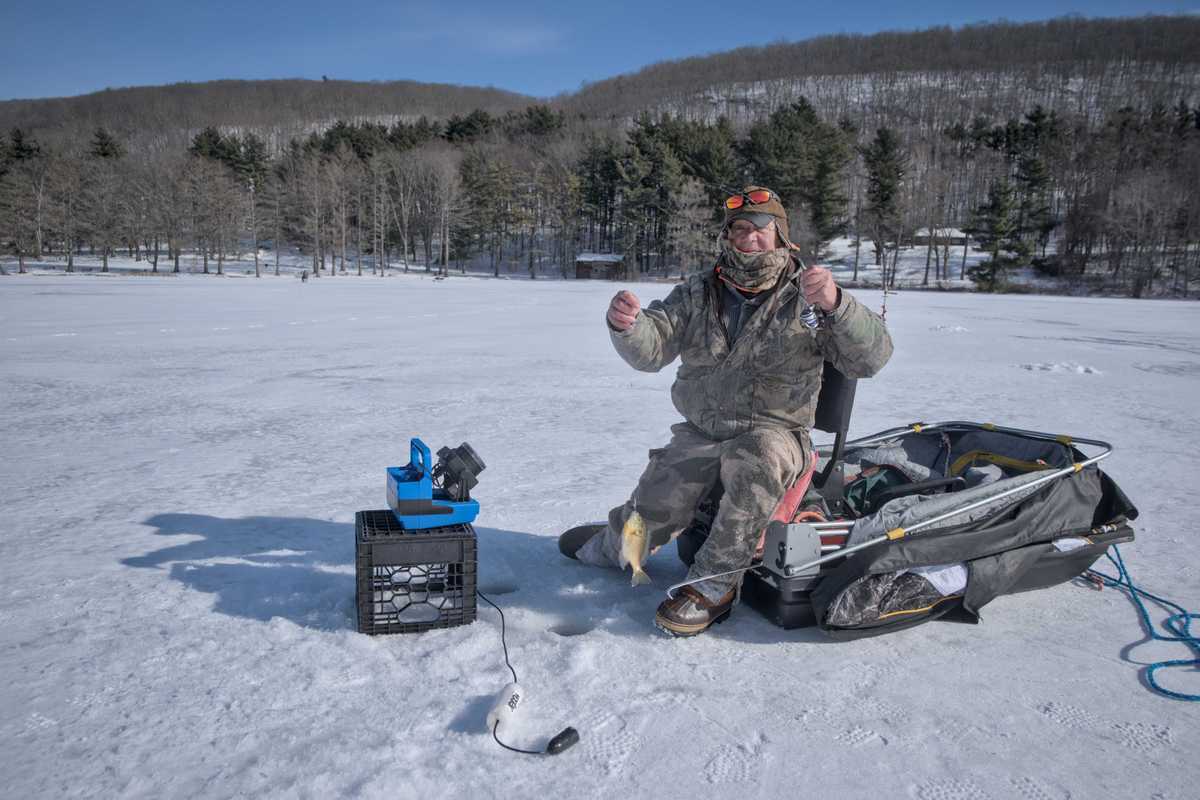
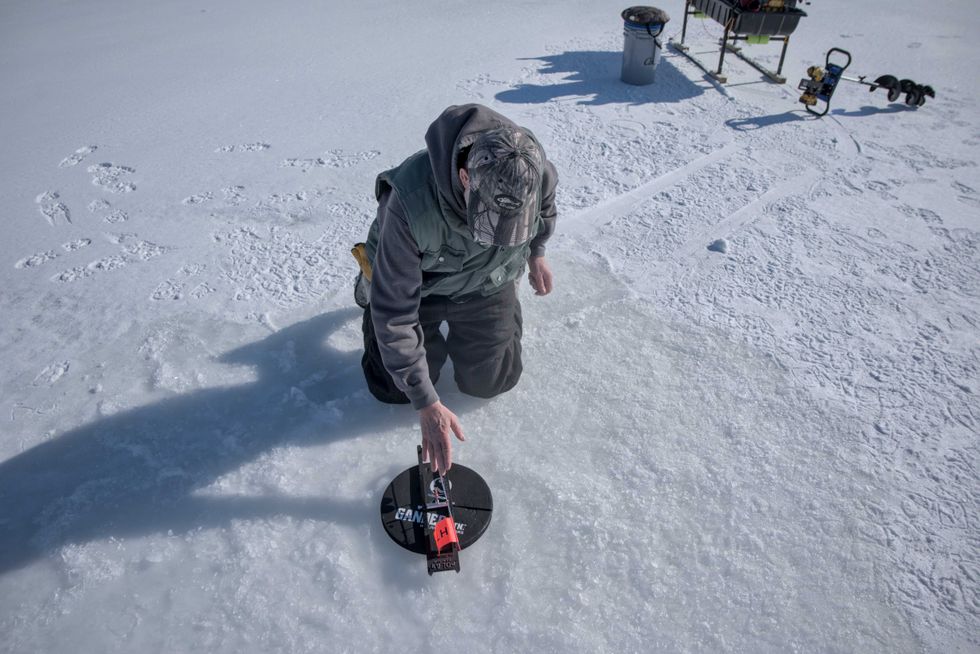 Brian Booth, of Millbrook, demonstrates a "flip-up," on Friday, Feb. 6, at Rudd Pond. A flip-up is an ice fishing device that suspends a baited hook connected to a spring-loaded flag that flips up when a fish takes the bait.Photo by Nathan Miller
Brian Booth, of Millbrook, demonstrates a "flip-up," on Friday, Feb. 6, at Rudd Pond. A flip-up is an ice fishing device that suspends a baited hook connected to a spring-loaded flag that flips up when a fish takes the bait.Photo by Nathan Miller